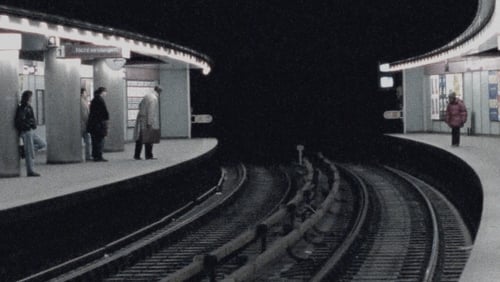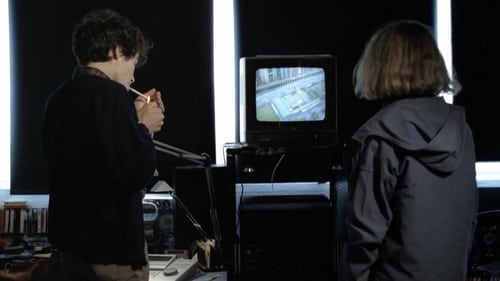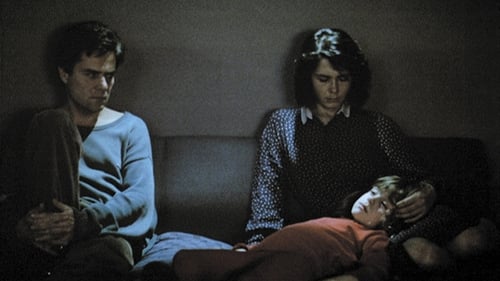
Editor
Tercera parte de la trilogía de Haneke sobre la violencia en la sociedad moderna (los otros dos films fueron "Siebente Kontinent" y "Benny's Video").

Editor
The disabled ex-soldier Andreas Pum lost a leg for emperor and father land. After leaving the army he receives a license and a drehorgel. One day he gets into a controversy with a welldressed gentleman, disturbs the public order, and hits a policeman. Andreas Pum goes to jail, loses his license and becomes toilet guard in the Cafe Halali after his release. Only at the moment of death he recognizes that he was always too decent and too obedient.

Editor
Benny es un chico de 14 años de buena familia. Sus padres intentan compensar su falta de cariño por su hijo regalándole un estupendo equipo de vídeo. Obsesionado con el uso de su nuevo juguete, graba cómo sacrifican a un cerdo con una pistola, escena que lo incita a cometer un acto salvaje.

Editor
This film, dramatizing Weininger's life, is an adaptation of the 1982 play Soul of a Jew by Israeli writer Joshua Sobol. Weininger's last despondent hours are depicted in a dramatic furioso. His whole life passes by like distorted images in a mirror. The young genius fights a desperate battle against time, his fellow men - and against himself.

Editor
Basada en hechos reales. Una familia burguesa decide desprenderse de todos sus bienes y vivir según una concepción espiritual del mundo, que llevarán hasta las últimas consecuencias...

Editor
One of the main theses of the Marienthal study was that prolonged unemployment leads to a state of apathy in which the victims do not utilize any longer even the few opportunities left to them. The vicious cycle between reduced opportunities and reduced level of aspiration has remained the focus of all subsequent discussions.

Editor
Josef "Schmutz" (german for "dirt"), a security guard obsessed with duty and cleanliness, is given the task of guarding a decommissioned industrial plant. While maintaining his devotion to the authority of property right, the self-proclaimed "Representative of Ownership" is himself slowly losing his sense of reality.

Editor
Vienna 1910. Hans Trautendorffer, an 35 year old journalist bets with his newpaper chief that he'll be able to work as a farm worker in the country for a whole year. But his dreams of a healthy, quiet country life don't come true- at least not the way he expected it.

Editor
In the space of a short 65 minutes, a woman enters the luxury apartment of a wealthy man with an eccentric fascination for the female form and is paid both for her sexual favors and for lying there naked and letting him examine the aesthetics of her body. For most of the hour, as the concise narration of Marguerite Duras' novel on eroticism and aesthetics fills the aural gaps, actress Marie Colbin's form fills the visual gaps. But unless viewers consider the feminine eyeball or microscopic views of skin exotic and worth lingering over, the eroticism lies more in the imagination than on the screen. In fact, the female body lying on the bed, taken away from the spirit that animates it, is really just a corpse -- raising the question, exactly what is the "malady of death?"

Editor
This two-part drama examines the fate of Haneke’s own generation which came of age after World War II. The first part depicts the generational gap between 1950s teenagers and their parents while the second shows this same group of characters twenty years later as they have grown up to be dysfunctional and suicidal adults. Regarded as the most significant of Haneke’s early works, Lemmings contains incipient treatments of many of the themes he would later elaborate on in his theatrical features.

Editor
This two-part drama examines the fate of Haneke’s own generation which came of age after World War II. The first part depicts the generational gap between 1950s teenagers and their parents while the second shows this same group of characters twenty years later as they have grown up to be dysfunctional and suicidal adults. Regarded as the most significant of Haneke’s early works, Lemmings contains incipient treatments of many of the themes he would later elaborate on in his theatrical features.

Editor
Based on Joseph Roth's novella.










